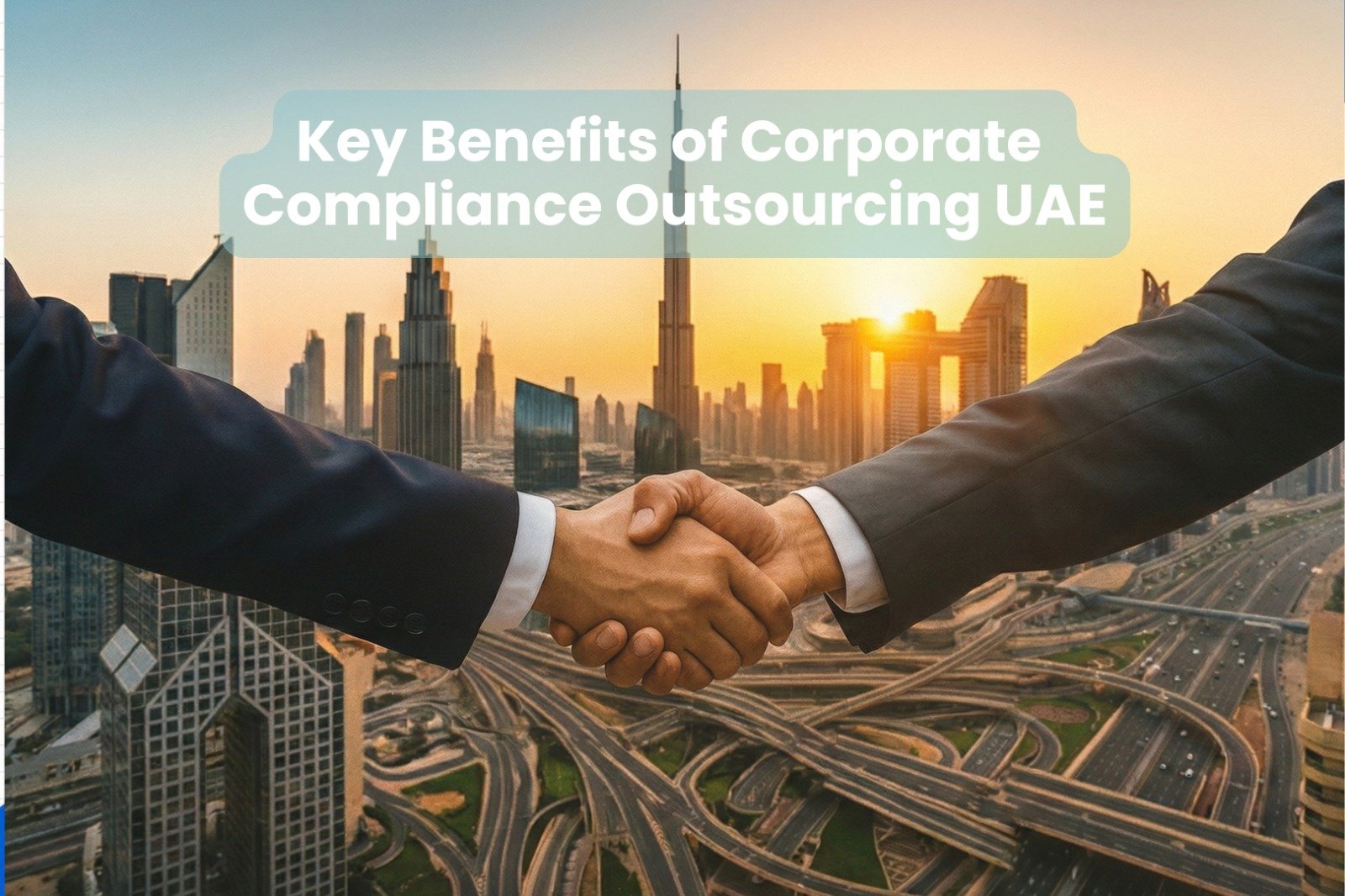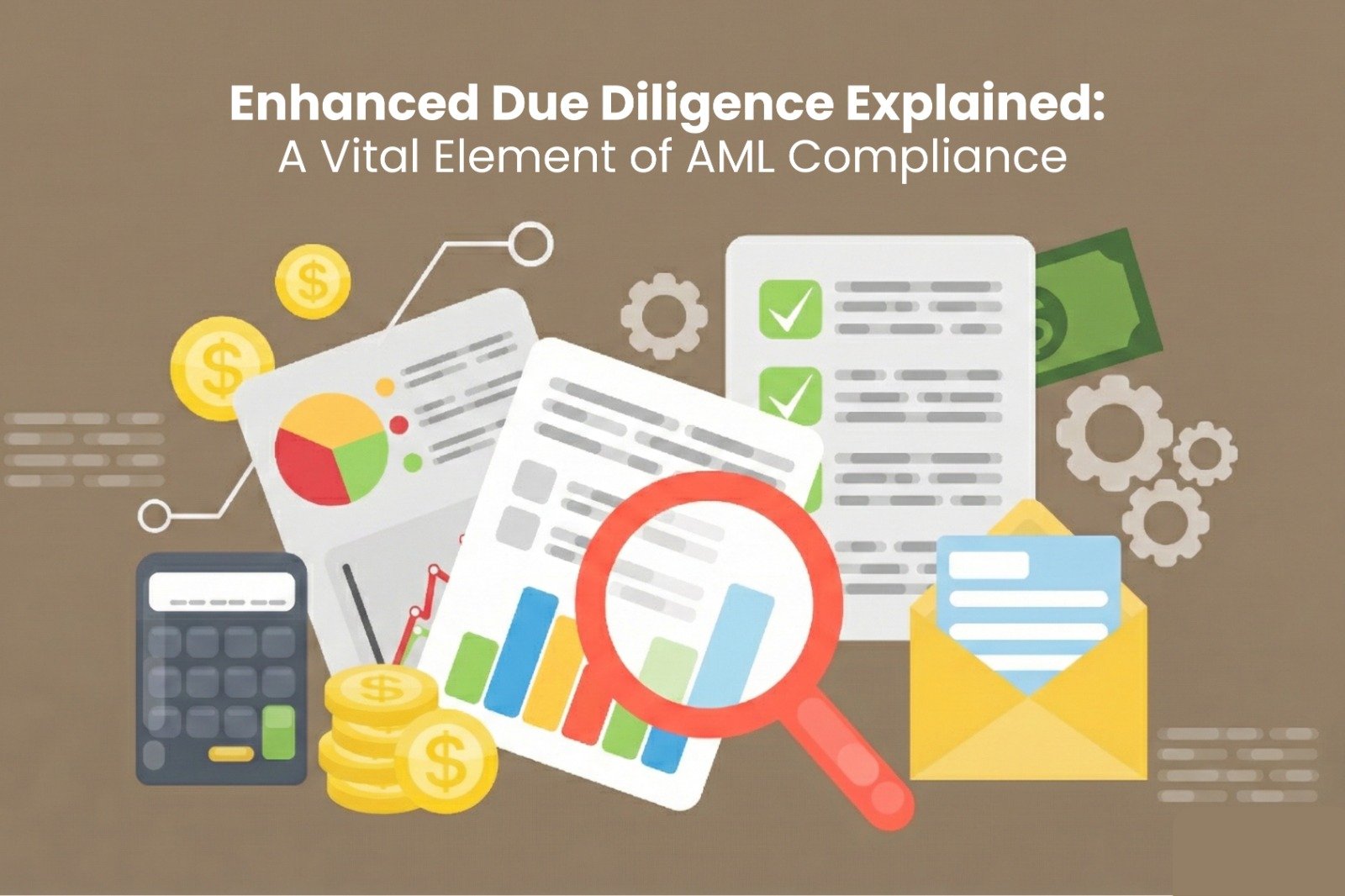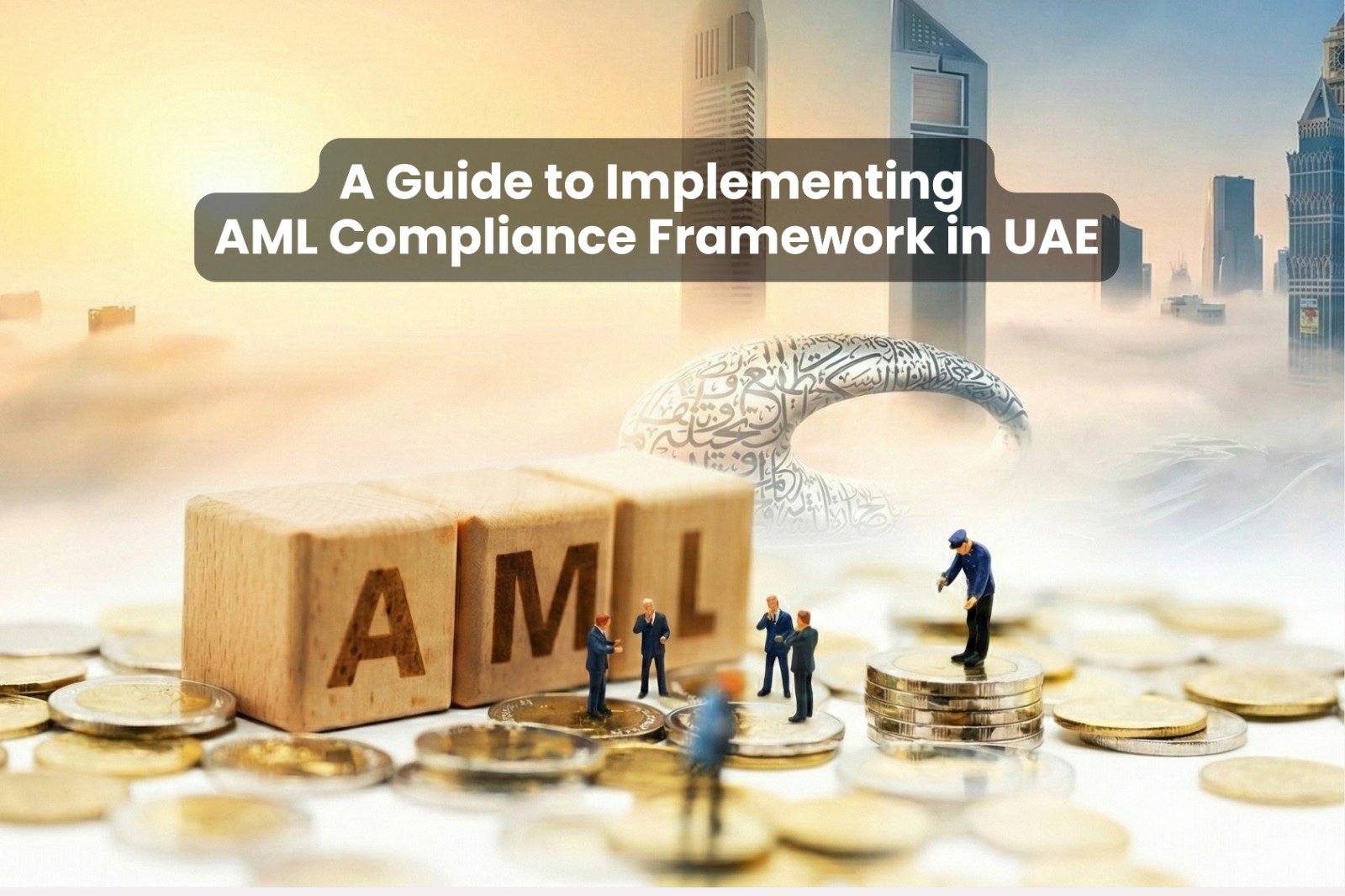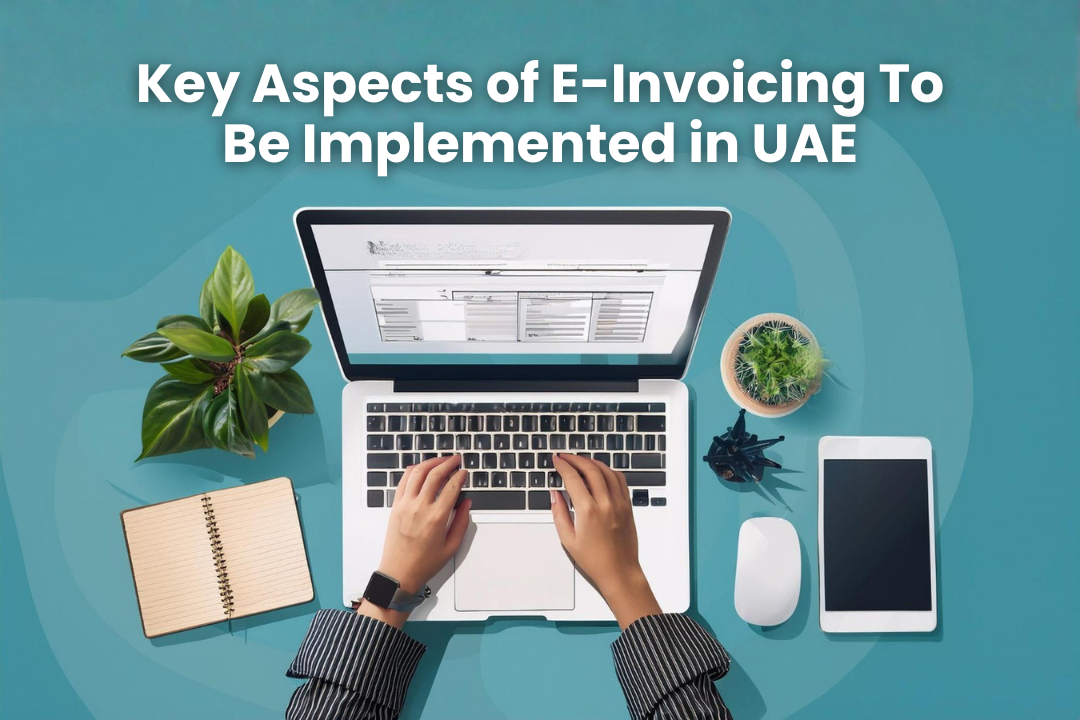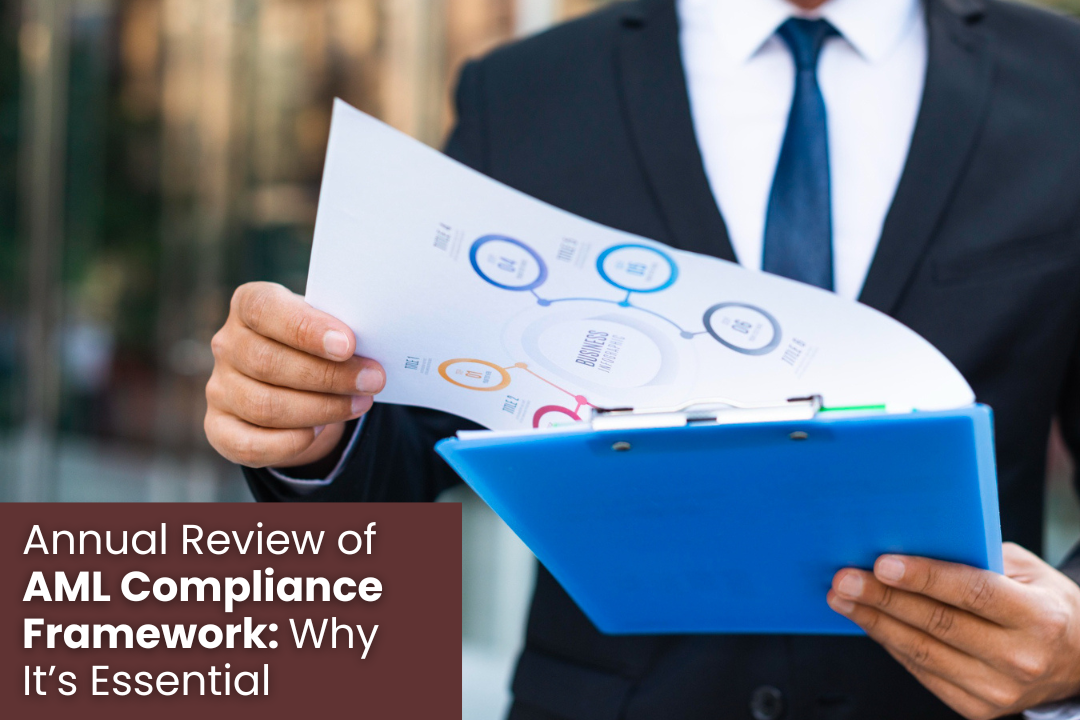In today’s fast-evolving financial landscape, staying ahead of illicit activities is a top priority for businesses, regulators, and financial institutions. With the UAE strengthening its stance against financial crimes, Anti-Money Laundering Compliance has become a legal and operational necessity. Amid this tightening regulatory environment, technology has emerged as a powerful ally, revolutionizing how organizations prevent, detect, and report suspicious activities and transactions.
Why Technology Matters for Anti-Money Laundering Compliance
Traditional compliance methods that rely heavily on manual review are no longer sufficient. The scale, speed, and complexity of modern financial crimes demand smarter, faster solutions. Technology enables businesses to meet UAE AML compliance policies effectively by automating core AML processes and improving accuracy in risk detection.
The Role of Machine Learning (ML) and Artificial Intelligence (AI) in Anti-Money Laundering Compliance
One of the most transformative technologies in the AML space is Machine Learning (ML)and Artificial Intelligence (AI). It enhances AML systems by learning from historical data, identifying patterns, and improving anomaly detection over time. ML-driven models:
- Analyze large volumes of transactions in real-time.
- Flag unusual behavior more accurately than rule-based systems.
- Reduce false positives, allowing compliance teams to focus on genuine risks.
- Adapt to evolving money laundering tactics, such as layering or trade-based laundering.
In the UAE, where cross-border transactions and complex ownership structures are common, Machine Learning in AML can drastically improve monitoring efficiency.
Core Technologies That Strengthen Anti-Money Laundering Compliance
As financial criminals grow more sophisticated, businesses can no longer rely solely on manual checks and static rules to meet compliance requirements. To effectively combat money laundering and terrorist financing, organizations must leverage a range of advanced technologies that go beyond traditional processes.
These tools not only streamline regulatory workflows but also significantly enhance accuracy, speed, and adaptability. In the context of the UAE’s stringent AML Compliance Framework, deploying the right mix of digital solutions is essential for maintaining transparency, reducing risk exposure, and ensuring alignment with evolving regulatory standards.
Let’s explore the core technologies that are transforming how businesses achieve robust Anti-Money Laundering compliance today.
1. Transaction Monitoring Systems (TMS)
These are software tools that watch every transaction your business handles -whether it’s money going in or out. Instead of reviewing things manually, TMS automatically scans each transaction in real-time to check for unusual or suspicious activity.
For example, if a customer suddenly transfers a very large sum of money that’s not typical for them, the system raises a red flag.
These tools use rules and behavior patterns to decide what’s suspicious and help your compliance team take quick action.
2. Know Your Customer (KYC) Platforms
KYC platforms help you verify who your customers are -automatically and securely. They collect identity documents, run checks against global watchlists (like those for terrorists or sanctioned individuals), and assess the risk a customer might pose.
In the UAE, where international clients are common, KYC automation ensures that your business complies with local and global AML standards while reducing onboarding time and errors.
3. eDiscovery and Case Management Tools
When a transaction looks suspicious, you may need to launch an investigation or file a report. These tools help you organize everything in one place -emails, documents, communications, and audit trails -making your case easier to build.
They also streamline the process of filing Suspicious Transaction Reports (STRs) with authorities like the UAE’s Financial Intelligence Unit (FIU), saving time and ensuring accuracy.
4. Blockchain and RegTech Solutions
- Blockchain provides a secure, tamper-proof record of transactions. Once something is recorded, it can’t be altered -making it easier to trace and verify financial history. This is especially helpful in preventing fraud and ensuring transparency.
- RegTech (Regulatory Technology) is a category of smart tools that help businesses keep up with changing laws and regulations. These solutions automatically update your compliance processes based on the latest AML laws, such as those issued by the UAE Ministry of Economy.
Compliance Benefits of Technology Integration
When applied correctly, technology does more than just automate tasks. It adds measurable value to your AML program:
| Benefit | Impact |
| Accuracy in Risk Detection | Reduces human error and false positives |
| Speed and Efficiency | Enables faster STR filings and real-time alerts |
| Improved Record-Keeping | Supports audit readiness and regulatory reporting |
| Scalability | Grows alongside your business and customer volume |
| Alignment with UAE Regulations | Supports MOE, FIU, and FATF-compliant practices |
Technology and UAE’s Anti-Money Laundering Strategy
The UAE has taken a tech-forward approach in its AML initiatives, encouraging businesses to adopt smart tools and digital platforms to remain compliant. Regulatory bodies such as the UAE Financial Intelligence Unit (FIU) and the Ministry of Economy recommend the integration of advanced technological solutions to meet evolving AML expectations.
Adopting the right mix of tools helps organizations build resilient, adaptable, and data-driven AML Compliance frameworks that align with both national policies and global FATF standards.
Conclusion
As financial crime becomes more sophisticated, so must your compliance strategy. Investing in the right technology is not just a best practice -it’s essential for modern Anti-Money Laundering Compliance. Whether you are a financial institution or a Designated Non-Financial Business or Profession (DNFBP), leveraging automation, AI, and machine learning can significantly reduce your risk exposure and enhance operational effectiveness. For expert guidance on selection and implementing AML technological tools that aligns with AML Compliance in UAE, trust Auditac International—your compliance partner in Dubai and Abu Dhabi. Our team offers tailored AML technology integration services, helping you adopt smarter solutions that keep your business ahead of financial crime.

